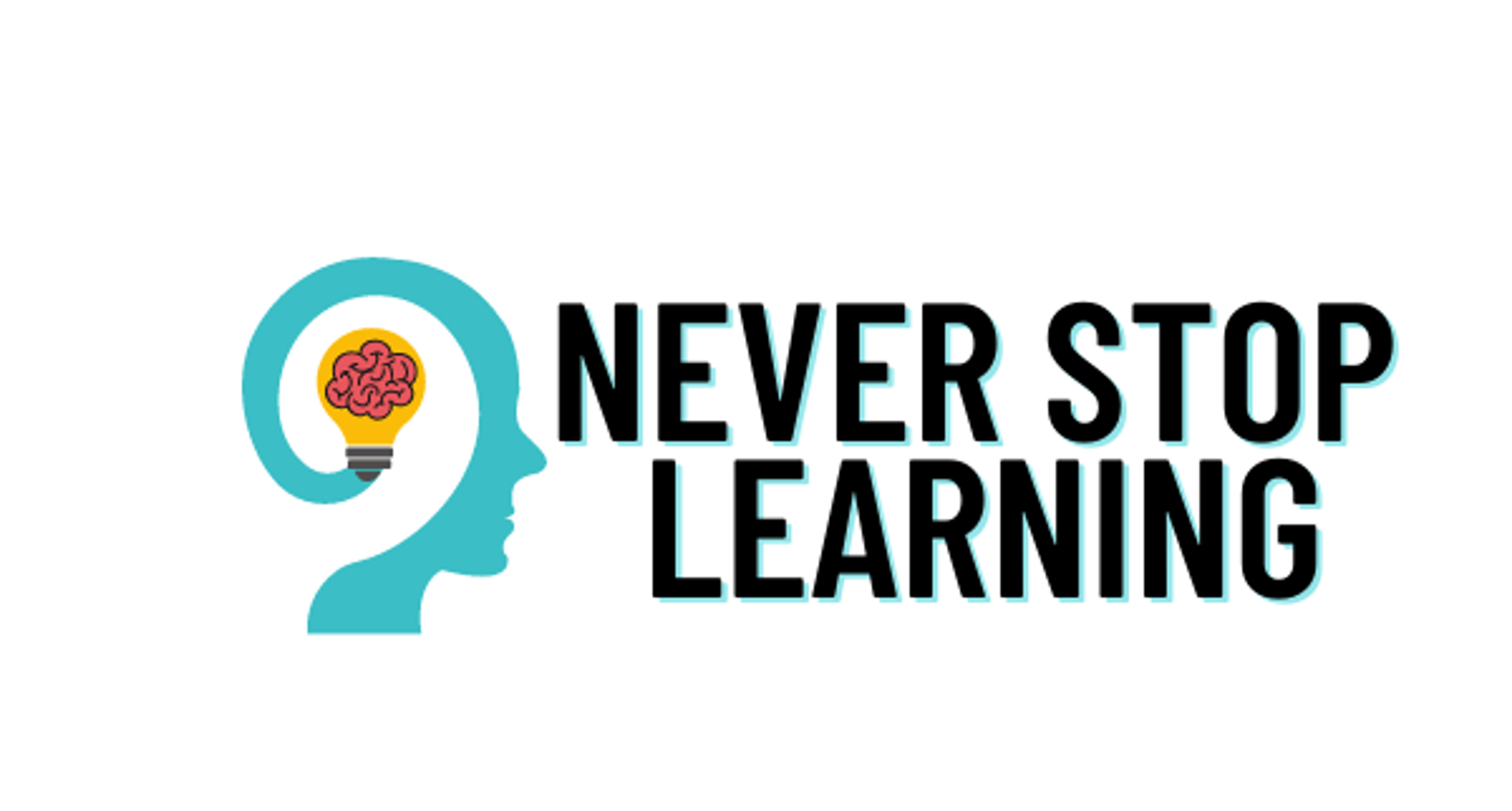Lifelong Learning and the Power of Networks
Published: 12/03/2019
In this article we discuss the benefits of lifelong learning as a core value for us personally and for organisations.
As a kid I was a typical boy – lazy and not much interested in school.
I was the youngest of 4 children – spoilt rotten – and left alone to dream and mess about.
Joining the local grammar school aged 11 was a very rude awakening.
The school was founded by Jesuits – who if you don’t know are the crack troops of the Catholic church.
They had a solution for lazy boys who did not work – tried and tested over 500 years -the ferula – which is Latin for stick.
Exercise books containing marked homework would be handed out in order, with comments starting with “excellent”, then “good” then “average” then “poor” and for the last two or three a gruff “six ferulas”.
Luckily for me – the regime although harsh – did force me to work.
I got to University – where I learnt the real value of lifelong learning.
I did a degree in English Literature – at Westfield, London University, and learnt the modern period for English Lit started in 1603.
Forced to study Old English and Middle English – which looks and sounds like a foreign language – I was amazed to discover it was actually full of interest and reward. The time and effort I invested was repaid in a lifelong love of books.
Apart from football and endless parties, my time at University taught me there are always new and interesting things to find out. I am – and never will be – bored.
Networks for Lesson Learned
Lifelong Learning is one of the core values of BNI.
A key benefit of the network is sharing knowledge and learning from each other’s mistakes. To quote BNI founder Ivan Misner:
“If you don’t learn from others’ mistakes, you are destined to repeat their failures. Don’t repeat other people’s failures. With thousands of groups in dozens of countries around the world we have made every mistake you can think of, don’t reinvent the wheel”.
One of a number of key benefits of being a Right at Home franchisee is we share in a tried and tested business model. Starting any new business is hard – the majority fail in the first year. But with franchises the opposite is true. Our business has now been trading for almost four years and there is no doubt that the shared knowledge of the franchise network has been worth its weight in gold. Being able to speak to experienced franchisees in other territories has been a real-life saver on a number of occasions helping us when we are stuck and guiding us away from major mistakes, based on their shared learned lessons.
Home care is not an easy business to run. There are a lot of moving parts, with no two days the same. It is also a regulated sector – with detailed rules all designed to promote quality care and protect the interests of our clients – some of the most vulnerable adults in society. The combined wisdom of over 50 Right at Home offices in the UK (and 100s overseas) gained over years of operating and millions of care hours, is a treasure trove of valuable know how and hard-earned expertise.
Personal Development
By pursuing lifelong learning, we can develop ourselves, learn new skills, and expand our comfort zone.
Humans have a natural drive to explore, learn and grow.
Lifelong learning encourages us to improve our own quality of life and sense of self-worth by paying attention to the ideas and goals that inspire us.
Lifelong learning can bring many benefits including:
- Renewed self-motivation
- Recognition of personal interests and goals
- Improvement in other personal and professional skills
- Improved self-confidence
These benefits can be enjoyed even in our last years of life.
Age has no limitations – with encouragement and support – many of the clients we support find enjoyment and a new lease of life as they discover or re-discover new interests and hobbies.
The Learning Organisation
Lifelong learning can also benefit companies who follow the habit.
Rather than always seeking maximum return using minimum resource – Companies that do best in the long term – invest in their people.
In tough times smart companies do not shed staff.
Instead, they regard their as their most important asset in transforming the business to new market conditions.
d

The best knowledge and skills to engender change – is found in those who share a common interest in the success of the business.
These smart companies share a learning culture allowing them to adapt to change and keep ahead of the competition.
One of the best examples of this type of Company is Stora Enso – originally a Swedish copper mining company – which opened for business more than 700 years ago.
It is still going strong today! With currently over 23,000 employees and annual sales over £8bn.
Stora Enso is regarded as the oldest limited liability company in the world – having issued its first share in 1288.
To put this perspective the average life expectancy of companies today is 12 years.
It is inevitable all businesses will make mistakes from time to time. But the risk of major errors can be reduced by ensuring the company remains open to new ideas and takes on board lessons learned.
With the BNI lock-out system and a franchise divided into non-competing territories, members can share and discuss business issues openly, knowing they are not in competition. Although we work in different sectors, there will be many lessons learnt, tips and ideas that have wider application and which can be of benefit to all members.
Michael Scott Co-Owner
In memory of my mentor and friend Arie de Geus (1930 to 2019) business guru and writer.
